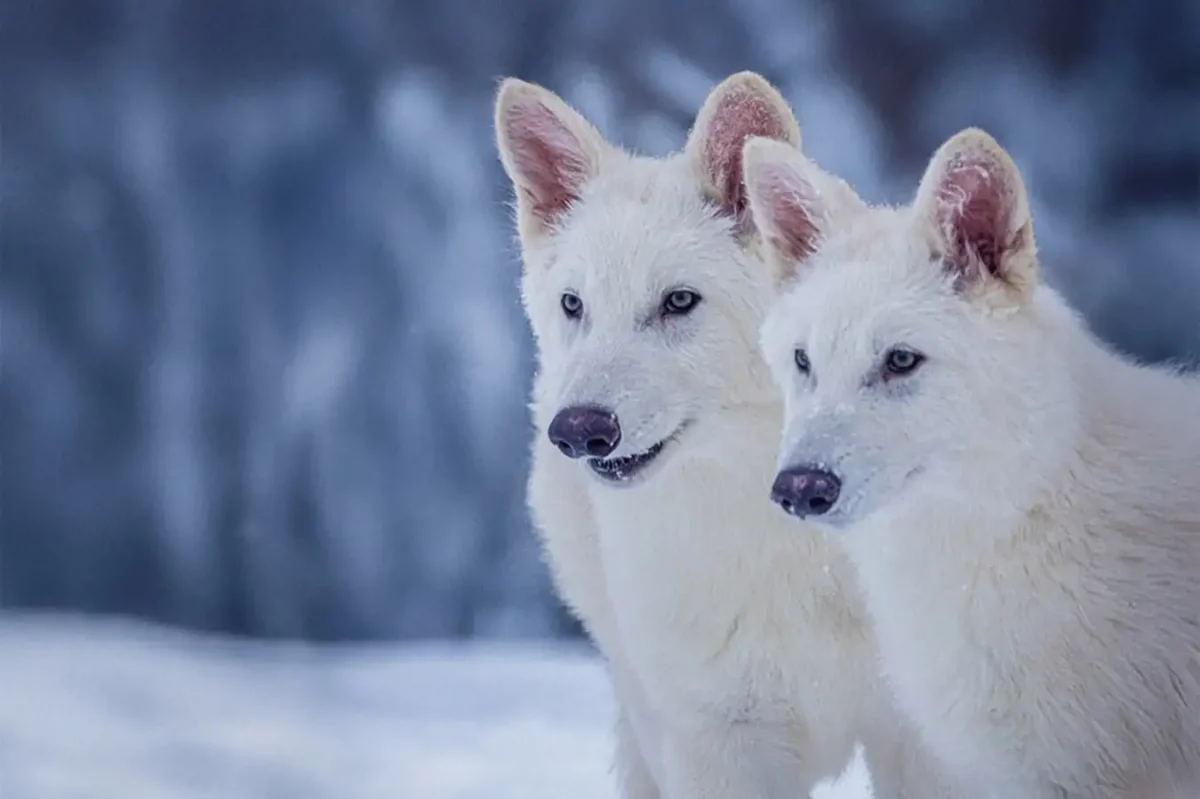From fossils to kennels, a once-eradicated species of wolf has been put back on the prowl by researchers at Colossal Biosciences. Pups Romulus and Remus, named after the founders of Rome, were born six months ago, with their sister Khaleesi delivered in January.
Valued at $10 billion, Colossal was founded in 2021 and has grown to a staff of 130 dedicated scientists. The company has since designed a mammoth-mouse hybrid, cloned and released four endangered red wolves, and designed a marsupial variant to control invasive cane toad populations. If those accomplishments were considered a step forward in genetic engineering, then the revival of the dire wolves is a veritable leap.
Interestingly, no dire wolf DNA was ever transferred into the ovum that grew into the three pups. Instead, researchers utilized precise gene editing tools to modify the genome of the populous gray wolf to match the makeup of a 13,000-year-old tooth and a 72,000-year-old ear bone belonging to the extinct canines. The similarities between the extinct wolf and its modern counterpart meant only 20 genetic edits in 14 genes were needed to replicate the species.
To ensure the safety of their animals, Colossal currently contains the wolves in an undisclosed, 2,000-acre habitat in the United States. Much more spacious than any laboratory enclosure, the now-grown wolves are free to pursue their primordial urges—establishing shelter, forming a pack, and roaming their territory.
Despite their hands-off approach, the company always prioritizes the wolves’ safety above all. “These animals were hand-reared,” Chief Science Officer Beth Shapiro points out. “They’re not capable of living in the wild, and we want to study them for their lives…They’re not going to be able to get a splinter without us finding out.” Thanks to Colossal’s dedication, the species’ outlook is no longer dire.








